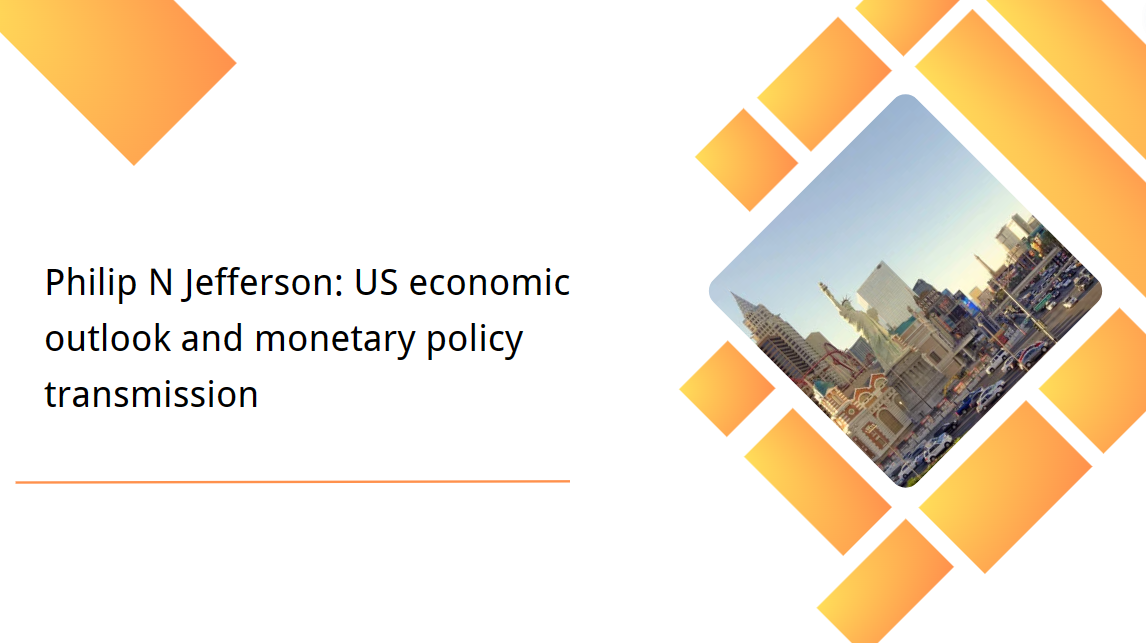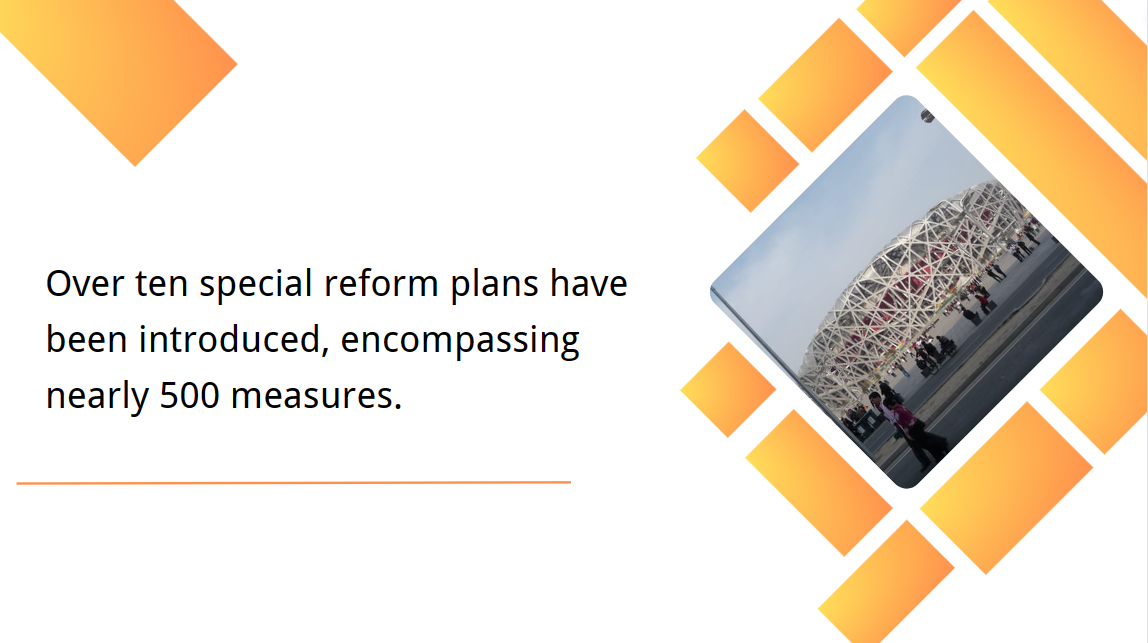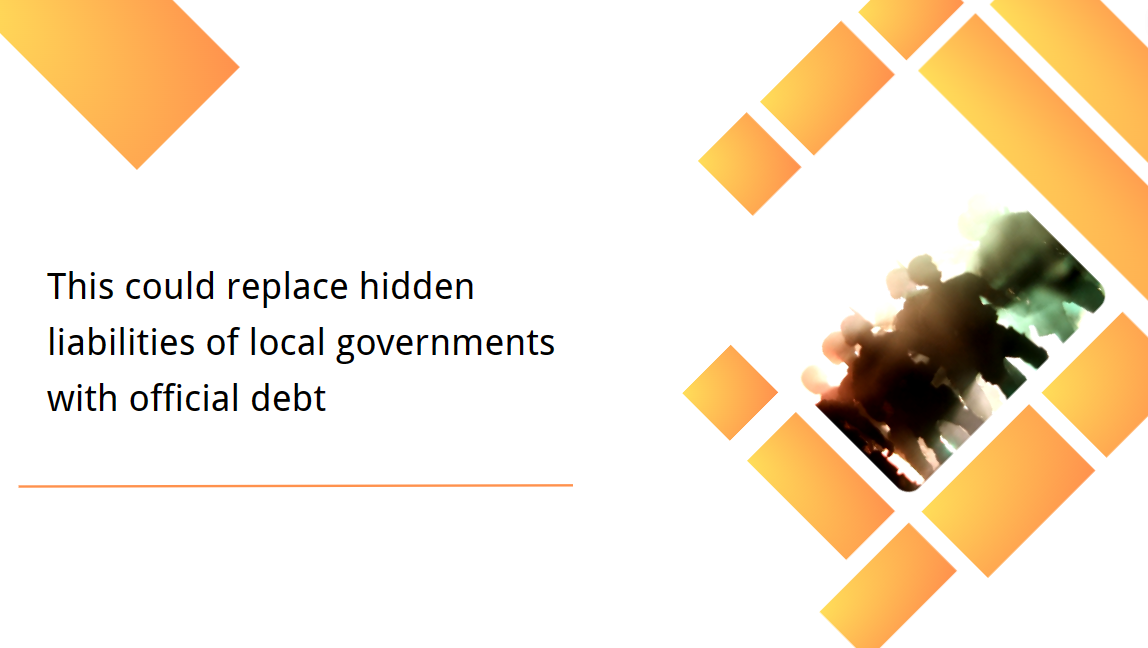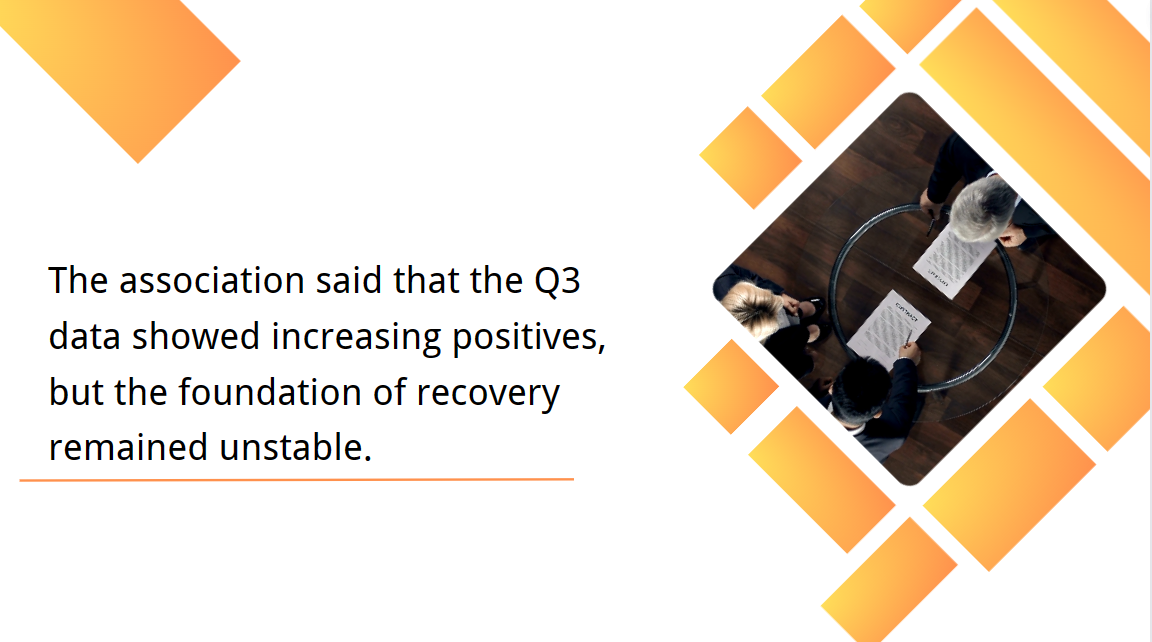Paolo Angelini: SMEs and the climate and environmental transition

I would like to thank Confindustria and DG Mariotti for asking me to take part in this initiative, which I believe is of great importance for businesses, small and medium-sized ones (SMEs) in particular.
The transition towards sustainable production and consumption models is a global phenomenon, which has profound repercussions on both businesses and financial intermediaries. Europe has adopted a particularly ambitious legislation on sustainability, which imposes new obligations on firms. As unlisted SMEs are exempted from many of these obligations, a hasty observer might conclude that this issue concerns them only marginally. I will argue that this conclusion would be incorrect, and I will highlight some steps that SMEs and intermediaries could take together, with mutual benefit, along this complicated path.
1. The path towards greater sustainability is irreversible
The international scientific community now agrees that climate change is underway and that it is attributable to the use of fossil energy sources. The gradual awareness of these facts has multiple consequences. People's behaviour and consumption habits are changing, as they are increasingly attentive to sustainability issues. Such process is very heterogeneous, as it sees emerging economies increase per capita consumption (including energy) starting from levels much lower than those of industrialised countries; and industrialised countries reduce energy consumption, due to the changing demographic dynamics, the improvement of technologies, and the awareness in the general public of climate problems. Moreover, it is indeed a gradual process, perhaps too slow compared to the Paris objectives. Nonetheless, such process is significantly affecting the markets of some products and it is increasingly dominating the strategic plans of companies and the world of industrial and academic research.





















































First, please LoginComment After ~